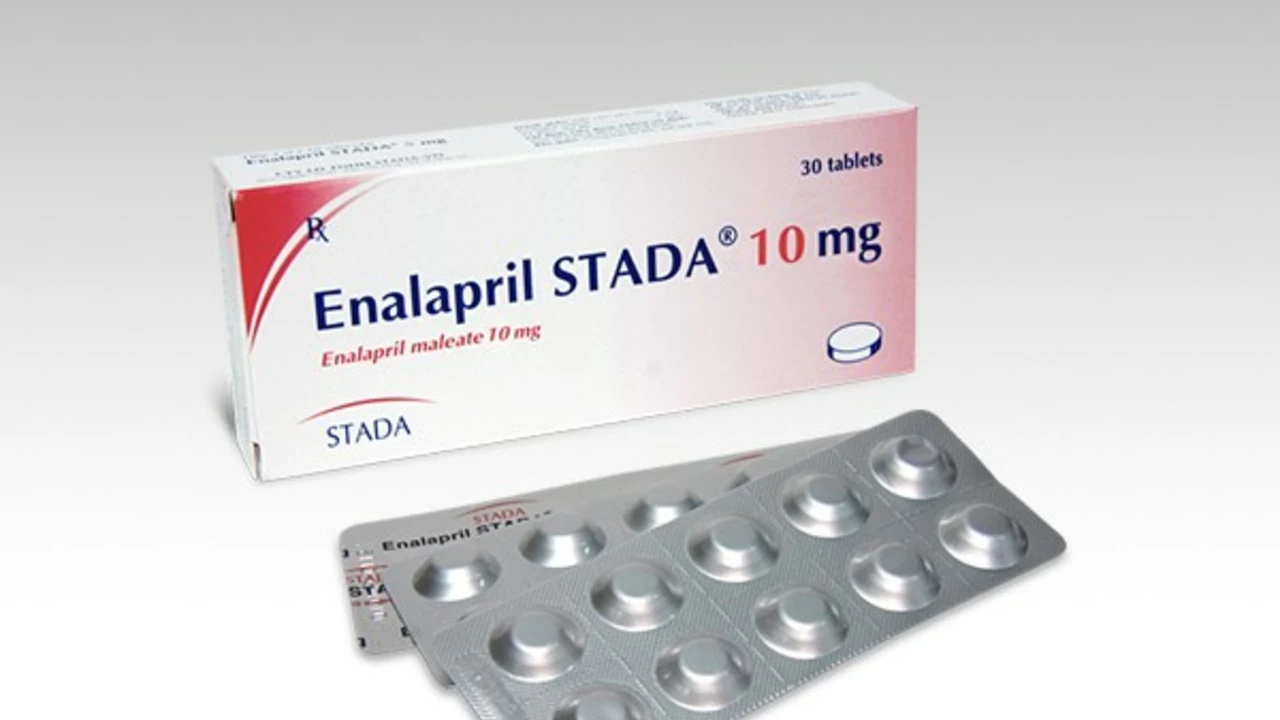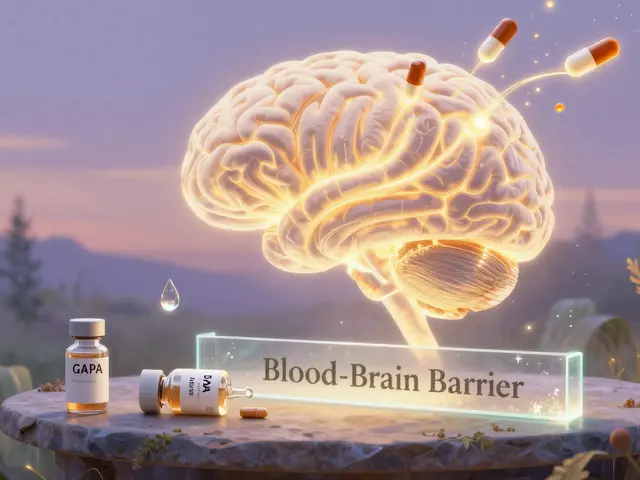Alcohol and Medicines: Simple, Real-World Advice
Mixing alcohol with prescription drugs is more common than you think — and sometimes risky. You don’t need a medical degree to spot the dangerous combos. Here’s a clear guide that focuses on real drugs people use and what to watch for right now.
High-risk mixes you should avoid
Benzodiazepines like diazepam and alcohol is a bad combo. Both depress your central nervous system. That means extreme drowsiness, slowed breathing, and a real risk of overdose. If you take diazepam, skip alcohol entirely or ask your prescriber for exact limits.
Isotretinoin (Tretiva, oral acne drugs) and topical tretinoin may seem different, but oral isotretinoin affects the liver and blood fats. Drinking alcohol while on oral isotretinoin can raise liver tests and triglycerides. Doctors usually advise avoiding or minimizing alcohol during treatment.
Terbinafine (Lamisil) can also stress the liver. If your doctor orders liver tests, don’t drink heavily until you get the OK. Same rule applies to other meds known to be hepatotoxic.
Linezolid (Zyvox) is special: it acts like an MAOI. Avoid high-tyramine foods and some fermented alcoholic drinks (certain beers, tap or unpasteurized). Also be careful if you’re on antidepressants — mixing can trigger serotonin syndrome.
NSAIDs like meloxicam plus alcohol increase the chance of stomach bleeding. If you use daily NSAIDs and drink regularly, talk to your pharmacist about safer options.
Practical rules that actually help
Read your leaflet. The patient information sheet lists key warnings — don’t skip it. If it says "avoid alcohol" or "monitor liver function," take it seriously.
Ask one question: does this drug affect my brain, blood pressure, or liver? If yes, avoid alcohol or ask your prescriber how much is safe. Examples: amlodipine can cause more dizziness with booze; sacubitril/valsartan and alcohol can lower blood pressure too much.
Watch for symptoms: unusual sleepiness, confusion, fainting, stomach pain, dark urine, or heavy nausea. If any appear after drinking while on meds, stop alcohol and contact your provider.
Timing matters. For some antibiotics and medicines you may need to wait a few days after finishing the course before you drink. For others (benzodiazepines, isotretinoin), avoid alcohol during the treatment period.
If you’re unsure, call your pharmacy. Pharmacists know interactions and can give quick, practical advice. Bring your pill bottles or a list of meds — including over-the-counter drugs and supplements.
Short checklist: 1) Identify liver, CNS, or blood pressure effects. 2) Read the leaflet. 3) Ask your pharmacist or prescriber. 4) Stop drinking if you feel unusual symptoms. Simple steps prevent most serious problems.
You don’t have to cut out alcohol forever — but treat it like another medicine. Respect interactions, ask questions, and stay safe.

Enalapril and Alcohol: Understanding the Risks
As a blogger, I feel it's crucial to discuss the potential risks of mixing Enalapril and alcohol. Enalapril is a medication prescribed to treat high blood pressure, and combining it with alcohol can lead to adverse side effects. Some of these side effects include dizziness, lightheadedness, and a potential increase in blood pressure. It's essential to consult with your healthcare provider before consuming alcohol while on Enalapril. Remember, staying informed and making safe choices is the best way to maintain good health.
Read More




